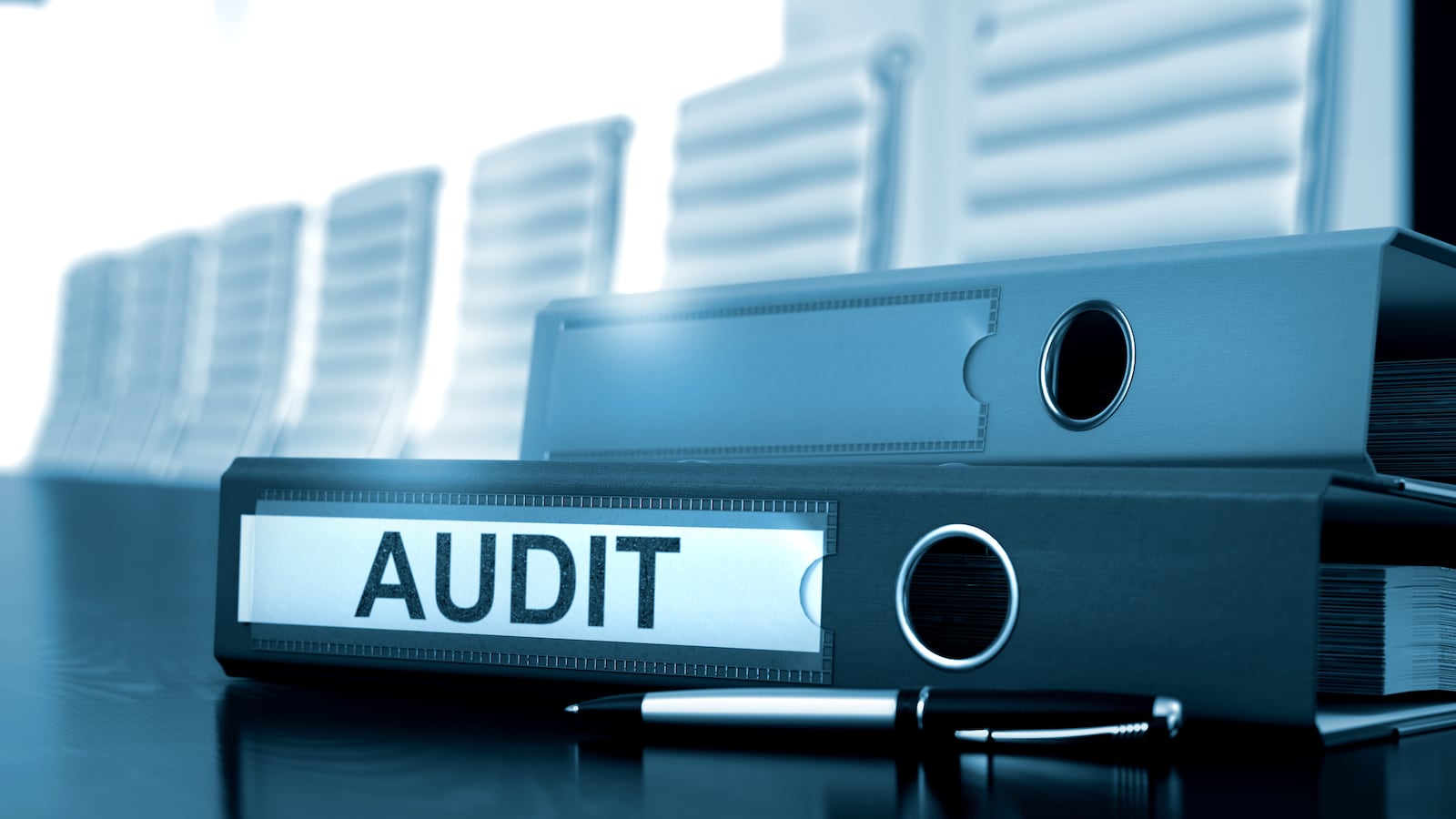After three decades of failing to shrink the federal government by “starving the beast,” a subtler strategy is taking hold: Starve the IRS.
This strategy quietly grants tax relief to tax cheats among those business owners, investment partners and landlords—as well as megacorporations—willing to shortchange the government. The number of people willing to cheat rises as the chances fall that their cheating will be detected, especially when there is virtually no risk of prosecution.
The Starve-the-IRS strategy manages to achieve both these goals while also arousing popular resentment against the IRS, the federal tax police department. The reason: Short funds mean the agency lacks the resources to answer phone calls, train its staff in the complexities of tax law and administration, and correct mistakes—both human ones and those caused by not having up-to-date computers and software.
Individual Tax Cheating: Harder than Ever
If you have not noticed that a smaller share of your income is going to Washington that’s because this strategy is not intended to benefit you. Workers, retirees and people with plain-vanilla stock market investments continue to be fully and efficiently taxed.
Congress requires that taxes be withheld from your paycheck before the residue is handed over. An automated system passes the taxes to government, along with an annual report on your earnings. And a loophole that let investors cheat by overstating the price they paid for securities has been closed for most investors.
This independent verification of income makes cheating virtually impossible for the nearly 70% of taxpayers who do not itemize deductions and leaves few opportunities for most of the rest to pay less than Congress says they owe.
Congress applies a different set of rules to corporations, business owners, partnerships, and landlords. Congress trusts these taxpayers to voluntarily report their income and voluntarily assess their tax liability.
The Auditor Shortage
To address cheating, Congress has the IRS conduct tax audits to discourage chiseling and catch the most flagrant cheats. Alas, that theory is not working anymore. Audits are effective only when they are both likely and thorough. And that’s where starving the IRS budget comes in.
In the late 1980s, people who made more than $100,000 in that year’s money had about a 1 in 9 chance of a tax audit. By 2014, the rate for people making $200,000 and up was less than 1 in 37.
Many members of Congress, especially Republicans, say they want government to be run like a business. If that principle were applied to the IRS, then Congress would be hiring auditors galore.
Just as doctors are the de facto sales force for hospitals—and surgeons the elite sales force—so, too, are IRS auditors central to raising revenue both directly from audits and by encouraging compliance by those who would rather avoid an audit.
The most elite IRS auditors work on big companies, earning at most about $150,000. Each finds on average $19 million of taxes due per year. That’s a return of $126 to $1.
Economic theory and business practice would dictate hiring many more auditors until each dollar of salary generated about $1.10 of net revenue.
But that’s not how Congress sees things. It has been slashing the ranks of these auditors. The IRS employed about 16,000 auditors in 1992, but now has about 11,000, with half the cuts made since 2010.
Corporate income taxes alone would be about $15 billion a year higher but for IRS budget cuts, a cautious analysis of government data by Syracuse University researchers shows. Even that low-ball estimate means reduced audits cost you $46 a year in a combination of higher taxes, a larger federal deficit or reduced government services.
When Congress lets big corporations and rich individuals pay less than the law says they owe, you are the victim. Not only must you pay all the taxes you owe—but you also must contend with larger federal deficits and fewer government services. In this way Congress subtly shifts the burden of supporting our government down the income ladder.
Less Money, More Work
Measured by how much it spends per American, in inflation-adjusted dollars, the IRS budget has shrunk 44% in the last 14 years. The service spent $54.10 per American in 2002; I calculate it will spend just $29.54 this fiscal year.
Over those 14 years Congress added significantly to the IRS workload. There are the tax provisions of the Affordable Care Act, stringent new rules on foreign bank accounts, and at least 5,000 changes to the tax code. Meantime, the number of tax returns filed has grown by 36 million to more than 240 million.
The IRS staff peaked in 1992 when the first President Bush held office. The American economy, adjusted for inflation, is 43% larger today, but the IRS staff is about 36% smaller, at about 76,000 people.
Policies that Help Tax Cheats
To cope with fewer resources and more taxpayers, the IRS has not just slashed the number of audits, it has also adopted two polices that actively help tax cheats.
Advance notice. The first policy is to negotiate in advance with big companies to determine which issues will be audited. More than a score of IRS corporate auditors have told me about coming across huge tax liabilities, only to be told they cannot pursue the issues because they were outside of the agreement to limit that year’s audit.
Superficial audits. Some IRS workers, invoking the weak taste of low-calorie beer, call this policy “audit lite.” The number of hours spent auditing big companies has been halved since 2010, IRS data analyzed by the Transactional Records Access Clearinghouse at Syracuse University show. [Disclosure: I teach in the law and graduate business schools at Syracuse, but have no connection to TRAC.]
At the same time that it has cut audits overall and weakened them at the top, Congress has maintained the 1994 agreement between President Bill Clinton and House Speaker Newt Gingrich to intensely audit the working poor.
You’ll encounter Starve-the-IRS the next time you call the agency. The system may automatically disconnect you because there is no one available to answer. If you do get a person, your wait time will likely be more than 17 minutes.
But don’t expect to learn much. Congress has starved the IRS budget for training and for several years it has not provided any dollars for new computers and software. Like an individual near death from starvation who cannot think clearly, the IRS is fast losing the ability to help taxpayers who are trying their best to be honest. We should worry that it may in time lose the ability to bring in the revenue that makes the United States wealthy and its people free.
Pulitzer Prize winner and recipient of an IRE medal and the George Polk Award, David Cay Johnston is author of five books and the upcoming “The Prosperity Tax: A New Federal Tax Code for the 21st Century Economy.” He is a Distinguished Visiting Lecturer at Syracuse University College of Law and Whitman School of Management, and also writes for The Daily Beast and Tax Notes.
This essay first ran at Investopedia.





